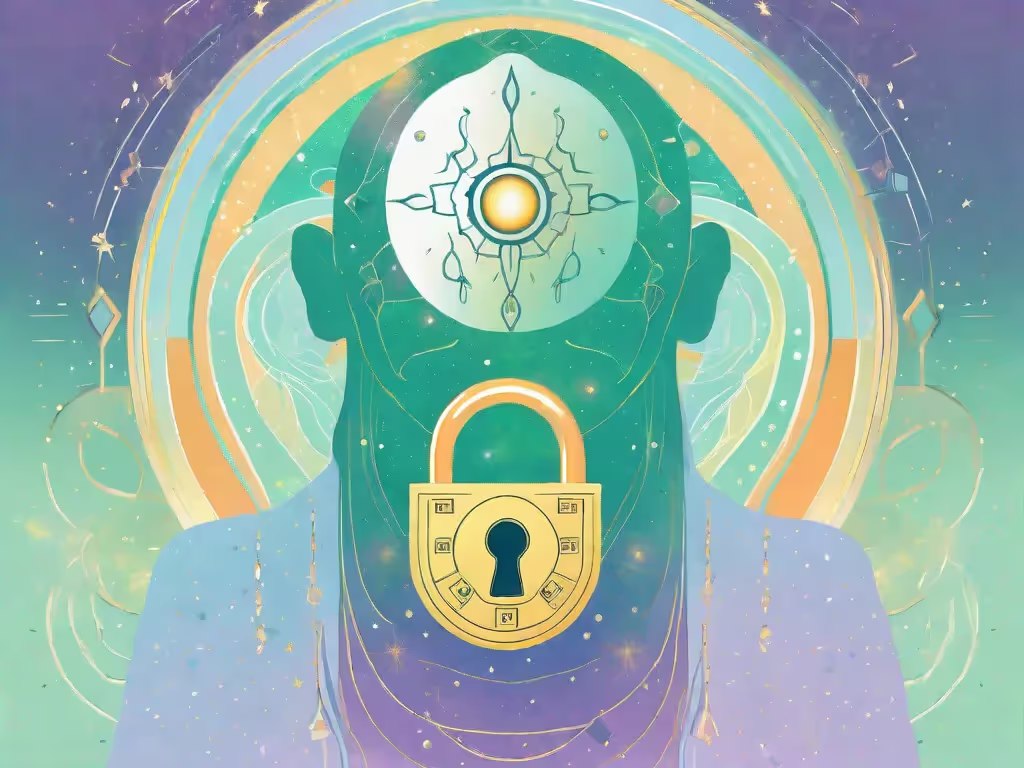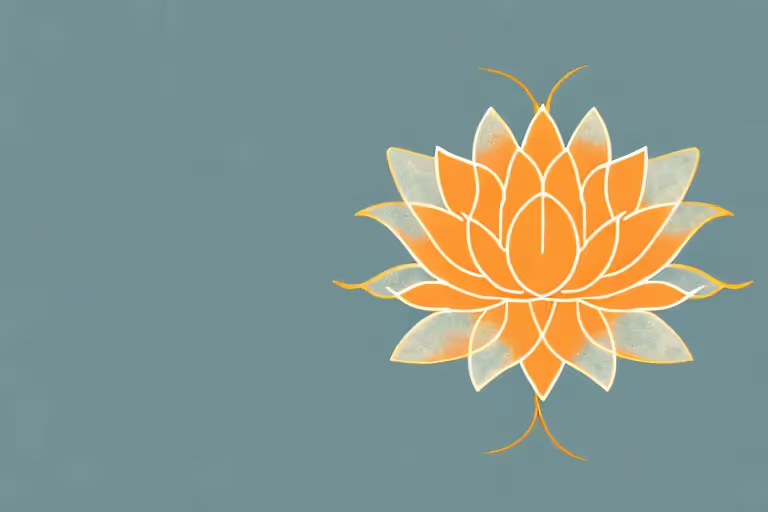Mindfulness is quite a trendy topic these days, but you may have wondered—what really does science say about mindfulness?
Let’s take a look at what surprising positive benefits some of these unbelievable studies have revealed the practice has on our health, wellbeing, and quality of life.
Mindfulness cuts pain in half
According to a 2011 study published in the Journal of Neuroscience, just 4 days of mindfulness meditation cut pain perception in half from its participants compared to those who did not practice. It presents a compelling evidence for meditation’s ability to drastically improve the quality of life for those suffering from pain.
This study confirms the findings from another study conducted at the University of Montreal that studied 13 meditators along with a group of non-meditators to study whether regular mindfulness meditation would affect perception of pain. The results concluded that meditators had a higher pain threshold than non-meditators, after adjusting for the shared similar lifestyle patterns, career fields, living conditions, relationship statues and overall health among meditators and non-meditators.
It’s difficult to find situations when we are not dealing with our hectic lifestyles, stress, bad posture, and chronic lack of time. Combining mindfulness meditations with measures to improve your posture and settings may help with chronic pain.
Mindfulness physically rebuilds your brain
You may have heard about this, but mindfulness actually changes the structure of the brain. In a study conducted by Britta Hölzel of Harvard Medical School, M.R.I. scans of people before and after mindfulness meditation practiced for about 30 minutes a day over a period of 8 weeks were examined for any physical changes in the brain. Astonishingly, the research found an increase in the grey matter in the hippocampus, an important part of brain for learning and memory. The images also showed a reduction of the same grey matter in the amygdala, a region connected to anxiety and stress. No such changes were observed in the control group that did not practice meditation.
This study confirms the 2005 research by Harvard Medical School Neuroscientist Sara Lazar, which found the world’s first evidence for meditation’s physical impact on our brains through measuring cortical thickness. These studies hint that meditation may be the key to fighting aging by improving our brain’s ability to change and grow, or cortical plasticity.
Mindfulness improves our ability to focus and make decisions
A 2012 UCLA study published in the journal Frontiers in Human Neuroscience has discovered that long-term meditators have larger amounts of gyrification, or folding of the brain’s cortex, compared to people who don’t meditate. Gyrification increases the surface area of the brain and enhances neural processing; this may imply that regular mindfulness practice can only lead to improvement in the way the brain processes information, makes decisions, forms memories and so forth.
Mindfulness boosts creativity and problem solving
When you learn to liberate your mind from distractions and become an impartial observer of everything around you, your improve your ability to gain insights and new perspectives. In a 2011 study, researchers found that students who meditated for 20 minutes solved significantly more unsolved problems from the pre-test session. Further analysis showed that maintaining an alert state during meditation (raising a hand to report every 10 deep breaths) resulted in more insight regarding the unsolved problems, hinting that watchfulness rather than relaxation contributes to insight.
Next time you are stuck on a problem, try focusing on nothing but yourself and the present for a few minutes.
It doesn’t stop here
There are numerous other proven health benefits of mindfulness, and more will continue to be discovered. Leading universities such as UCSF, UCLA, and Tufts operate dedicated mindfulness research centers to examine the science behind mindfulness—to provide us with accurate information on how mindfulness affects us and how to best use this information to help those in need.
—
Intrigued? Try a 3-minute micro-mindfulness practice with Aura (get started on iOS | Android).



.webp)






.avif)

%20(1).avif)


.avif)
.avif)
.webp)


.avif)


















































































































.avif)

















.svg)









